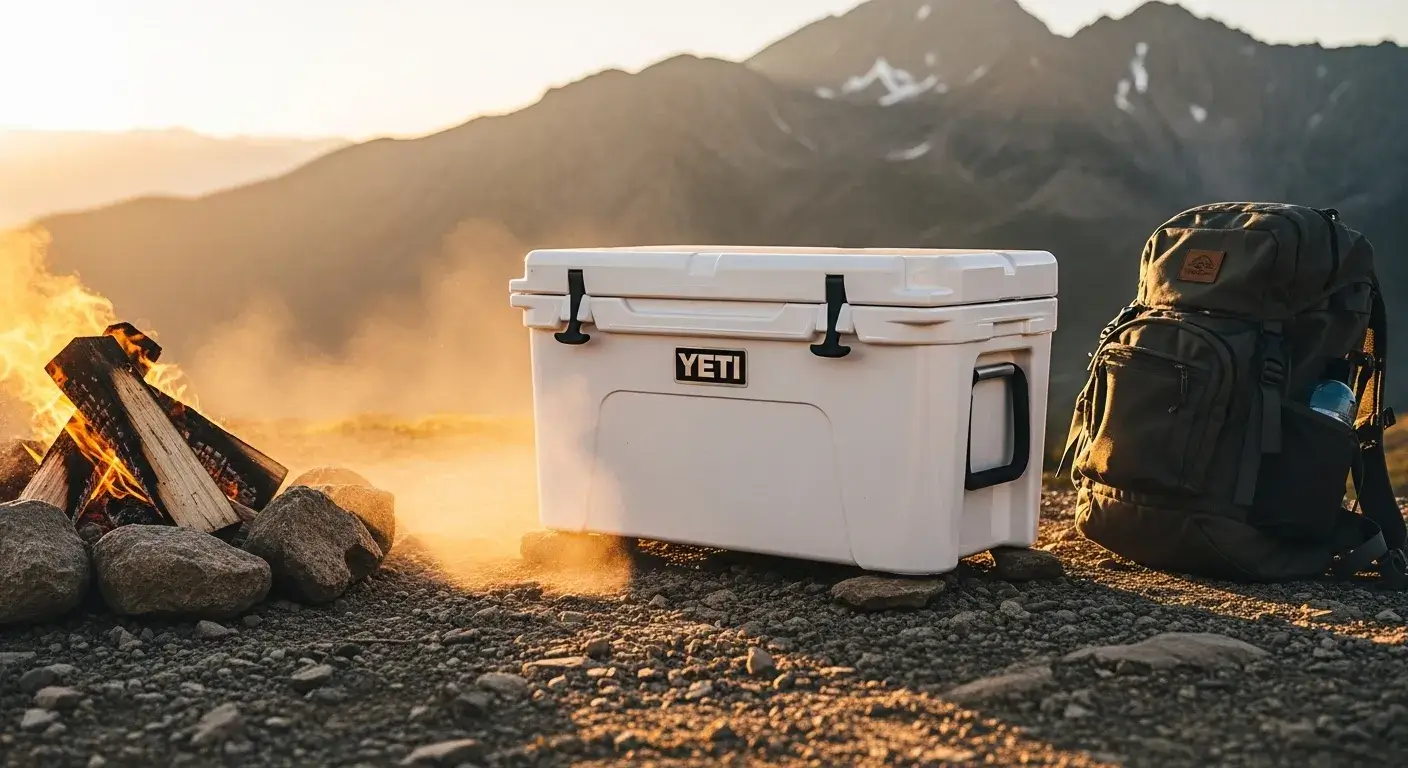
Yeti coolers cost significantly more than regular ones. But are they worth it? Let’s break down the facts.
Yeti coolers are expensive due to premium materials, advanced insulation, rotomolded construction, smart branding, and strong customer service.
Let’s explore what sets them apart—and whether the price makes sense for you.
What Makes Yeti Coolers Different From Regular Coolers?
Not all coolers are built alike, and I’ve tested more than a few to know.
Yeti coolers use rotomolded polyethylene1 and thick polyurethane insulation, making them more durable and efficient than basic models.
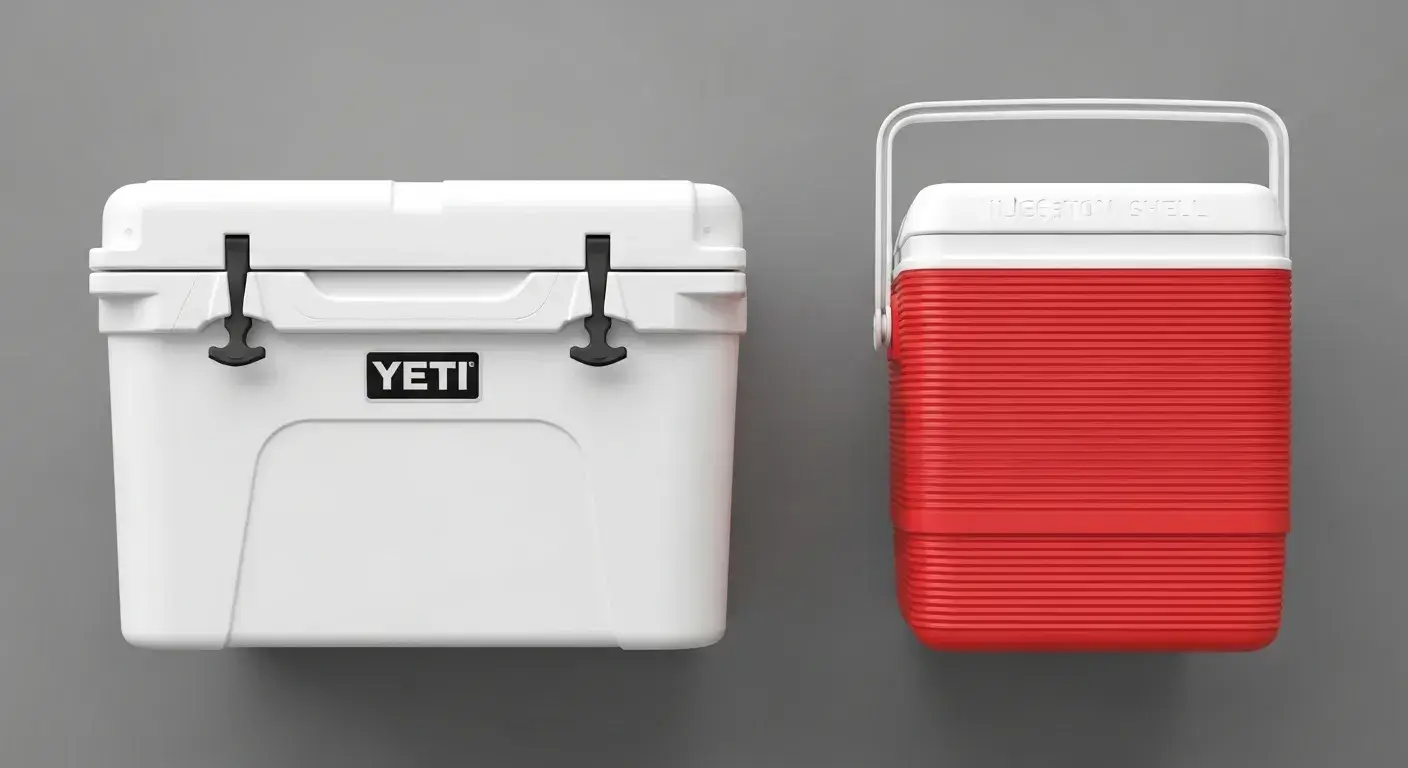
Key Differences
- Rotomolded shell: Seamless and ultra-durable
- Polyurethane insulation: 2" in walls, 3" in lid
- Heavy-duty components: Rubber latches, freezer-grade gaskets
These coolers are engineered for rough outdoor use, far beyond what a typical beach cooler handles.
How Does Yeti’s Build Quality Justify Its Price?
I’ve dropped mine off a truck bed—and it barely scratched.
Yeti’s single-piece design2 and dense foam insulation resist damage and maintain performance for years.
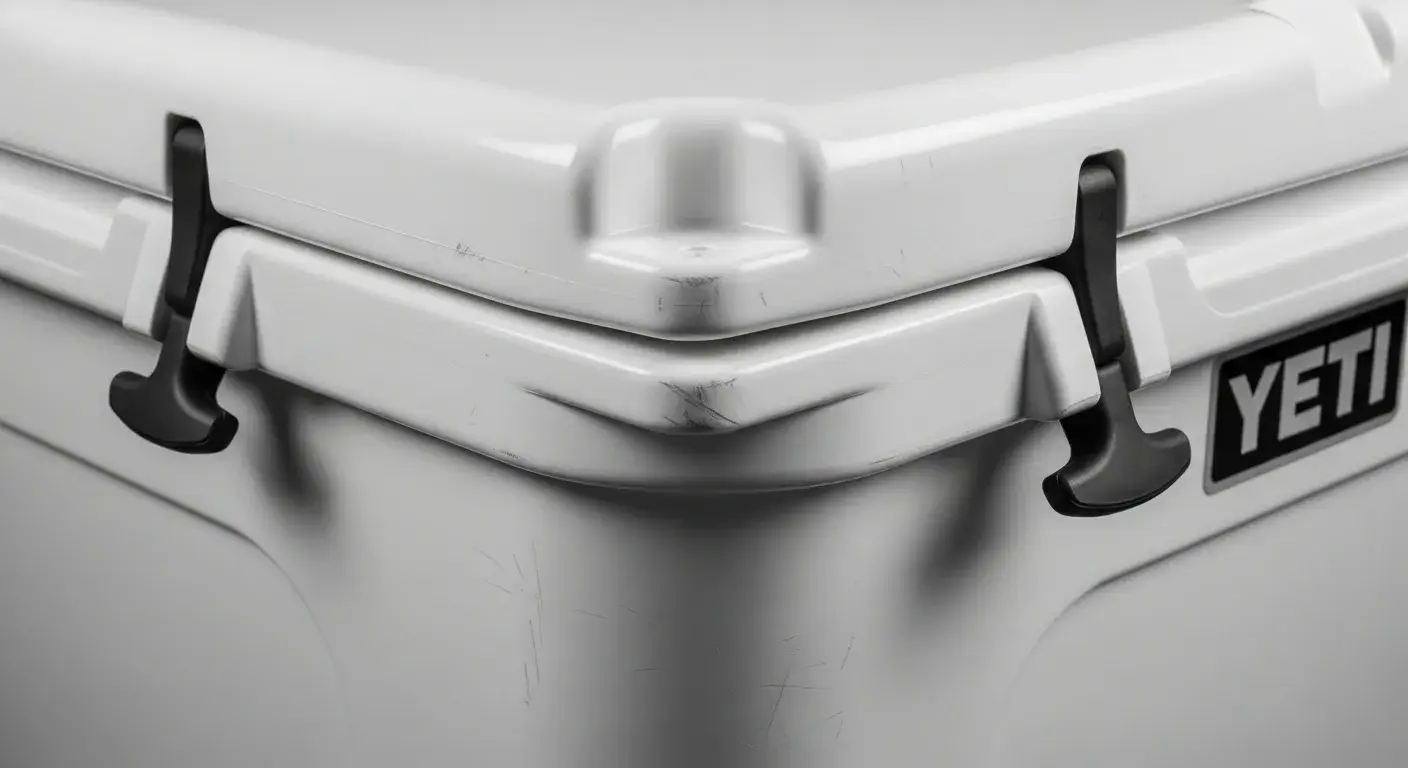
What Makes the Build Stand Out?
- Rotomolding: Produces uniform, impact-resistant shells
- UV resistance: Prevents fading or cracking in the sun
- Marine-grade materials: Rust-resistant and long-lasting
This build quality leads to longer lifespan, reducing the need for replacements.
What Role Does Advanced Insulation Technology Play in Yeti Coolers?
Ice retention isn’t just marketing—it’s science.
Yeti’s insulation system includes thick polyurethane foam and tight seals that lock in cold3 for up to 5 days.
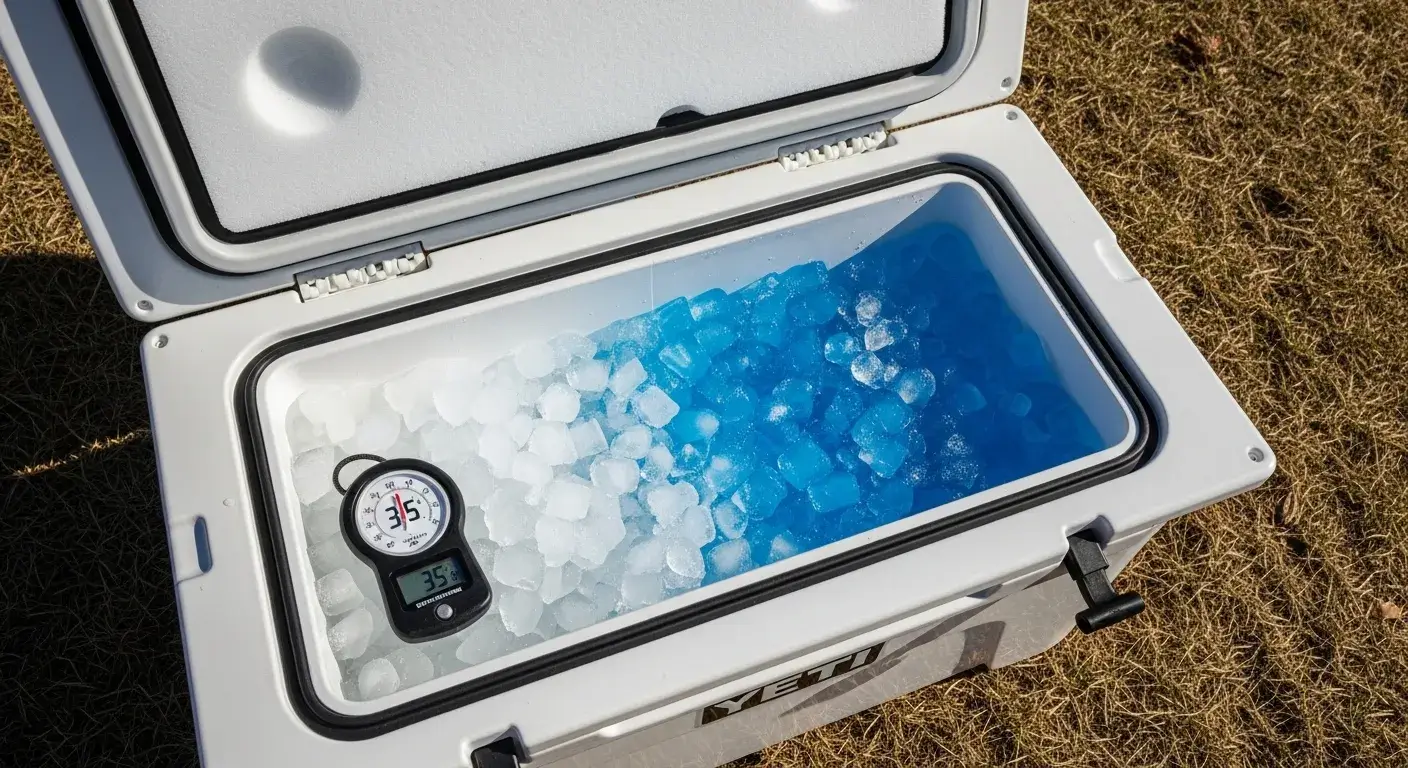
Insulation Comparison
| Brand | Wall Thickness | Ice Retention | Notes |
|---|---|---|---|
| Yeti | 2" walls, 3" lid | 4-5 days | Best in class |
| Pelican | \~2" | 3-5 days | Similar but often heavier |
| Coleman | <1.5" | 1-2 days | Budget-friendly, less durable |
This superior ice retention adds real-world value in hot climates or remote trips.
How Has Yeti’s Marketing Created a Premium Brand Image?
You’ve probably seen a Yeti ad with a bear trying to break one.
Yeti uses storytelling and visuals4 to frame its products as essential tools for rugged lifestyles.

Smart Branding Strategies
- Video content: Bear-proof tests and extreme adventures
- Brand ambassadors: Hunters, fishermen, outdoor pros
- Minimal discounts: Keeps the brand exclusive
This makes owning a Yeti cooler not just practical—but aspirational.
Are Yeti Coolers Worth the Investment Compared to Competitors?
I’ve used Yeti and other brands—and the difference is clear.
Yeti coolers outperform many cheaper models in durability, insulation, and resale value5.
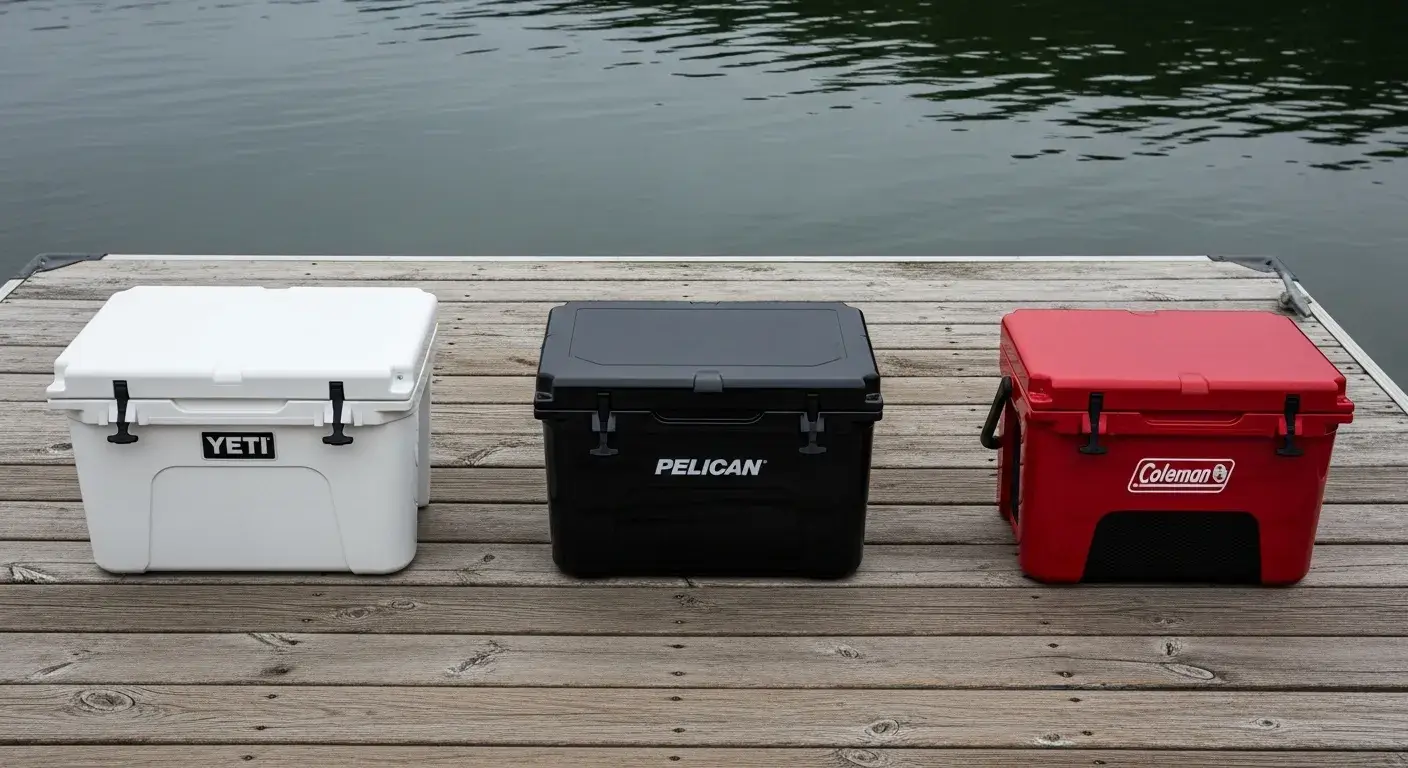
Yeti vs. Others
| Feature | Yeti | Pelican/Orca | Coleman/Igloo |
|---|---|---|---|
| Price Range | \$200 - \$1300 | \$150 - \$500 | \$40 - \$150 |
| Durability | Very high | High | Moderate |
| Ice Retention | 4-5 days | 3-5 days | 1-2 days |
| Warranty | Lifetime | Varies | Limited |
For demanding users, the upfront cost pays off long-term.
How Does Yeti’s Pricing Strategy Reflect Its Target Market?
Price isn’t just about product—it’s about audience.
Yeti targets outdoor enthusiasts and premium lifestyle consumers who value quality, exclusivity, and brand status6.

Who Buys Yeti?
- Hunters, anglers, campers
- Lifestyle users seeking reliable gear
- Consumers valuing design, function, and brand
These buyers accept the price premium as part of the Yeti experience.
What Are the Pros and Cons of Buying a Yeti Cooler?
I love mine, but it’s not perfect. Here’s the honest breakdown.
Pros: Unmatched build quality, best-in-class insulation, warranty support, and strong resale value.
Cons: High cost, bulky design, reduced internal space, and theft risk due to desirability.
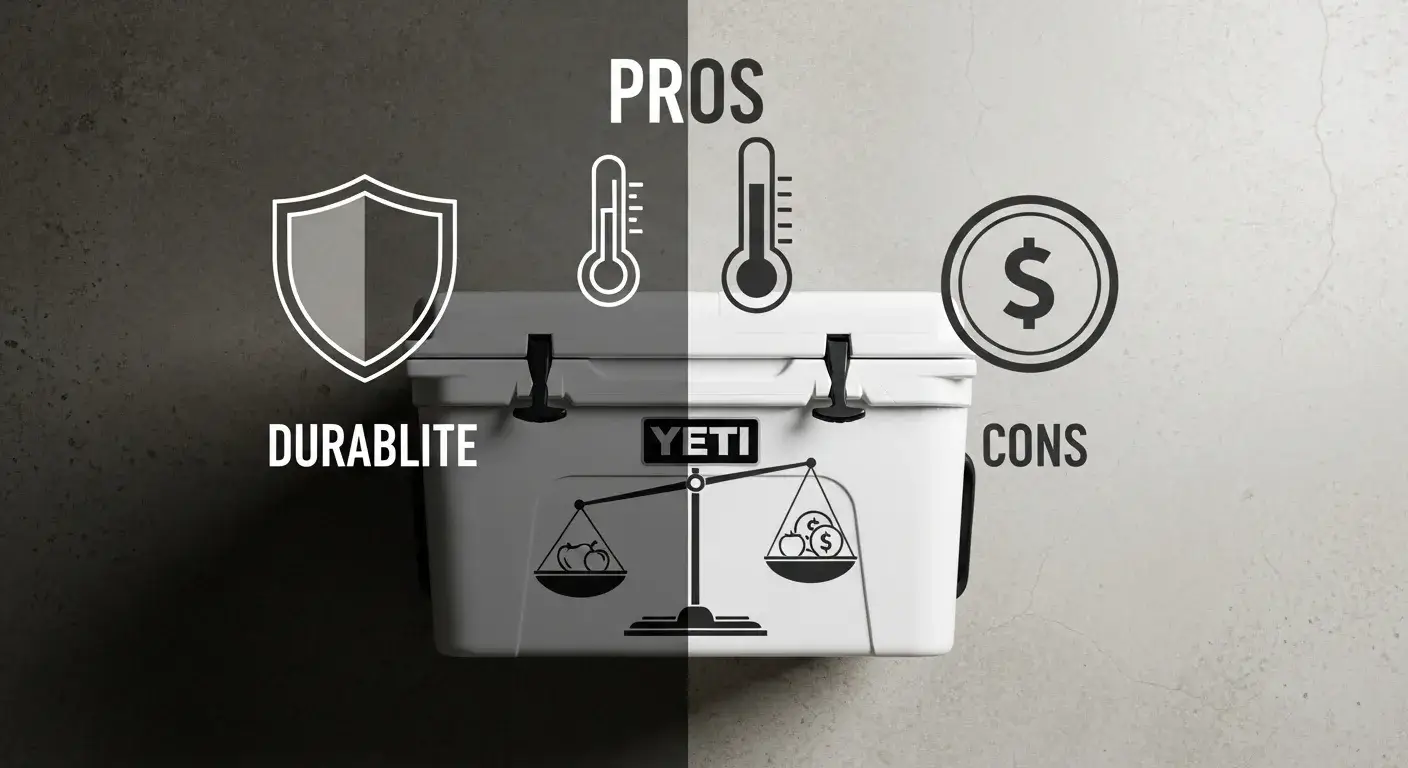
"Think of it as gear, not just a cooler. You get what you pay for."
How Does Yeti’s Warranty and Customer Service Add Value?
A good warranty can turn buyers into fans. That’s what Yeti gets right.
Yeti offers a limited lifetime warranty7 and often provides fast, hassle-free support.
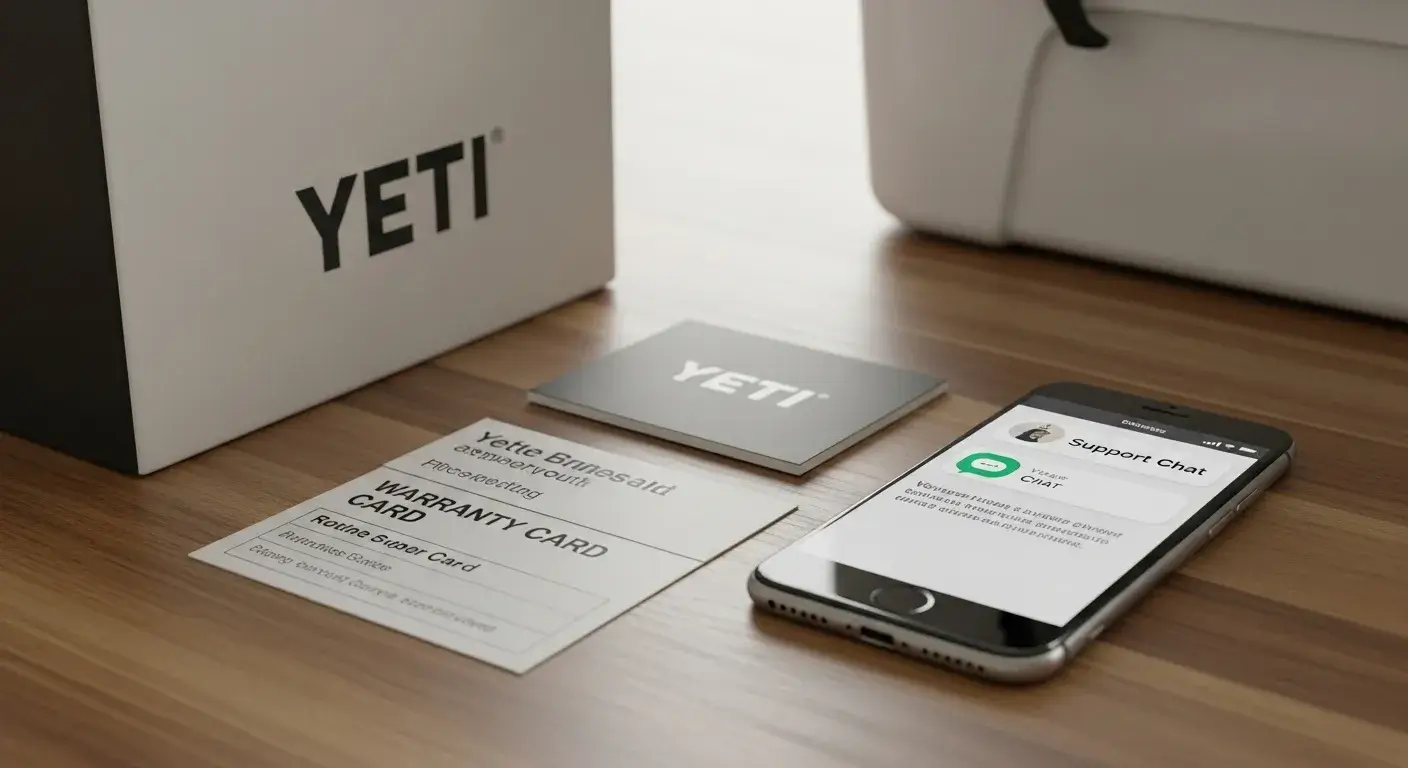
What Customers Say
- Reports of full replacements for minor damage
- Helpful, responsive customer service
- Clear warranty terms on official website
That peace of mind adds long-term value.
Conclusion
Yeti coolers are expensive because they offer top-tier materials, performance, and branding. For serious users, the value often justifies the price.
FAQs
Is a Yeti cooler worth the money for casual users?
If you camp or travel often, yes. For occasional use, there are cheaper options.
Why is rotomolding better than regular cooler construction?
It creates a stronger, more uniform shell without seams.
Does Yeti offer any budget-friendly models?
Yeti's smaller models cost less but still maintain core quality features.
Can I lock my Yeti cooler to prevent theft?
Yes, they come with lock slots compatible with padlocks.
What’s the best Yeti cooler for weekend trips?
The Yeti Roadie 24 is compact, efficient, and easy to transport.
Footnotes:
-
Learn how rotomolded coolers are made and why they're stronger ↩
-
Single-piece cooler designs eliminate weak points and enhance durability ↩
-
Insulated seals and foam walls improve cold retention over time ↩
-
Yeti's brand storytelling boosts customer loyalty and product demand ↩
-
Yeti coolers often retain value on resale markets like eBay ↩
-
The Yeti brand appeals to high-end outdoor and lifestyle buyers ↩
-
Understand the details and benefits of Yeti’s warranty program ↩

